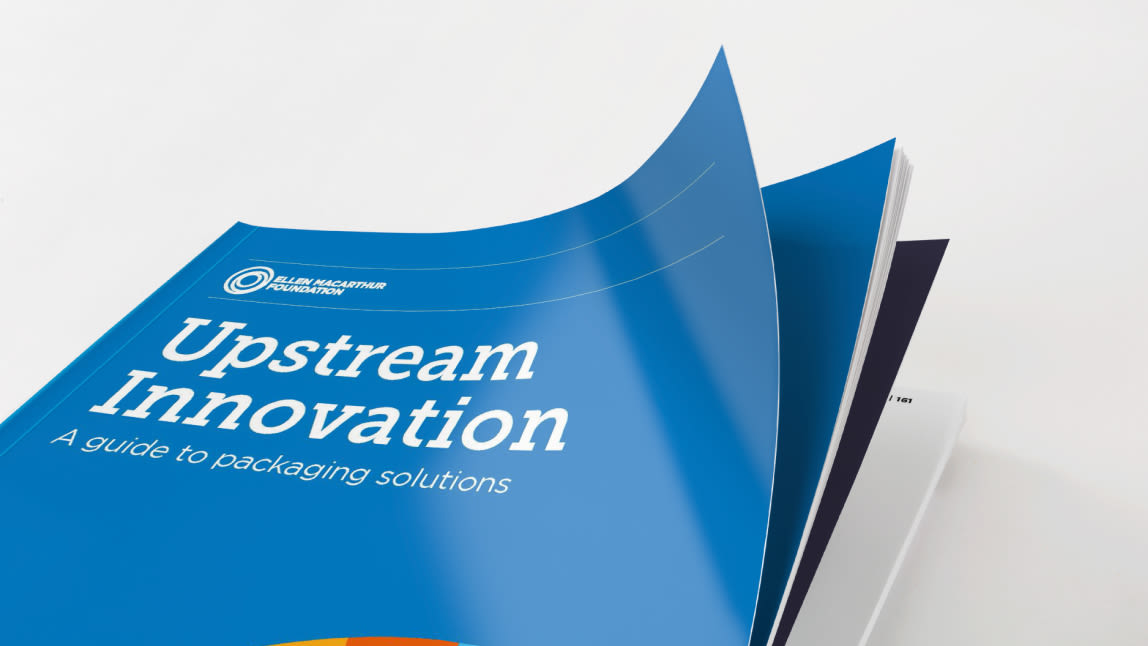A legally binding UN treaty with global rules is needed to end plastic pollution. By design, it must transform the plastics industry and drive change across the plastic packaging value chain, from major multinationals to Micro-, Small-, and Medium-sized Enterprises (MSMEs).
MSMEs are crucial to the success of a Global Plastics Treaty as they are engines of innovation in many sections of the plastics industry, and represent 90% of businesses worldwide.
Yet, the specific implications of ambitious global rules in the plastics treaty are, to date, less understood for MSMEs.
That is why the Ellen MacArthur Foundation, in partnership with WWF, commissioned a study that assesses the impact of an ambitious, effective and legally binding global plastics treaty on MSMEs across the plastic packaging value chain. It is intended as a first exploration and while it provides useful insights, we welcome further research and investigation into this area.
The study shows that policymakers can be confident that there is broad support among MSMEs for an ambitious and legally binding plastics treaty.
It also found that global rules can unlock significant opportunities and benefits across the MSME landscape, if implemented effectively and fairly in the plastics treaty.
To ensure that MSMEs harness the expected benefits over time, the treaty should establish specific policy measures that support MSMEs in managing the transition, such as differentiated implementation timelines and dedicated financing for MSMEs.
Also available to download in Portuguese, Spanish and French.







